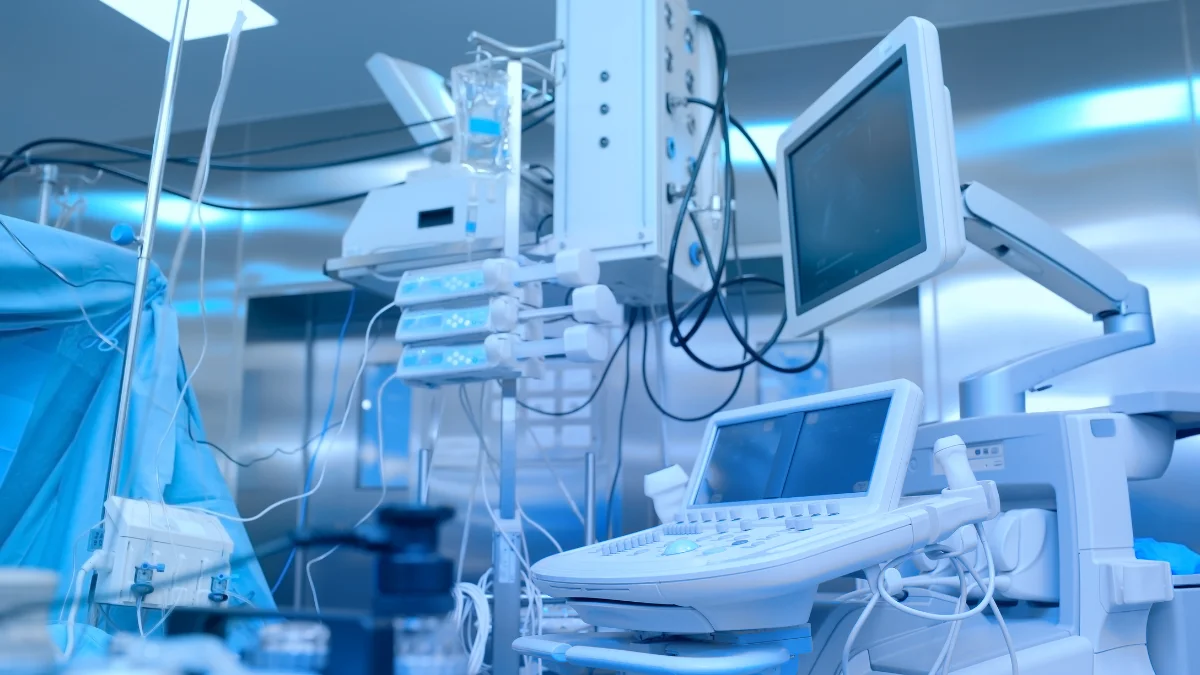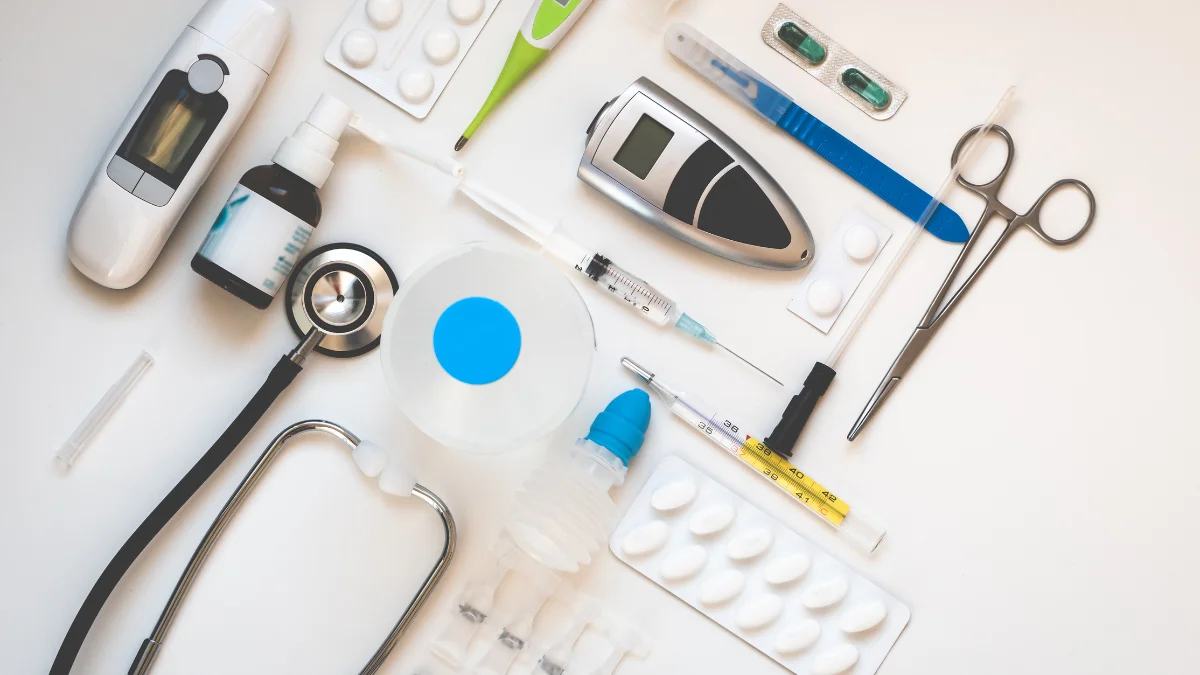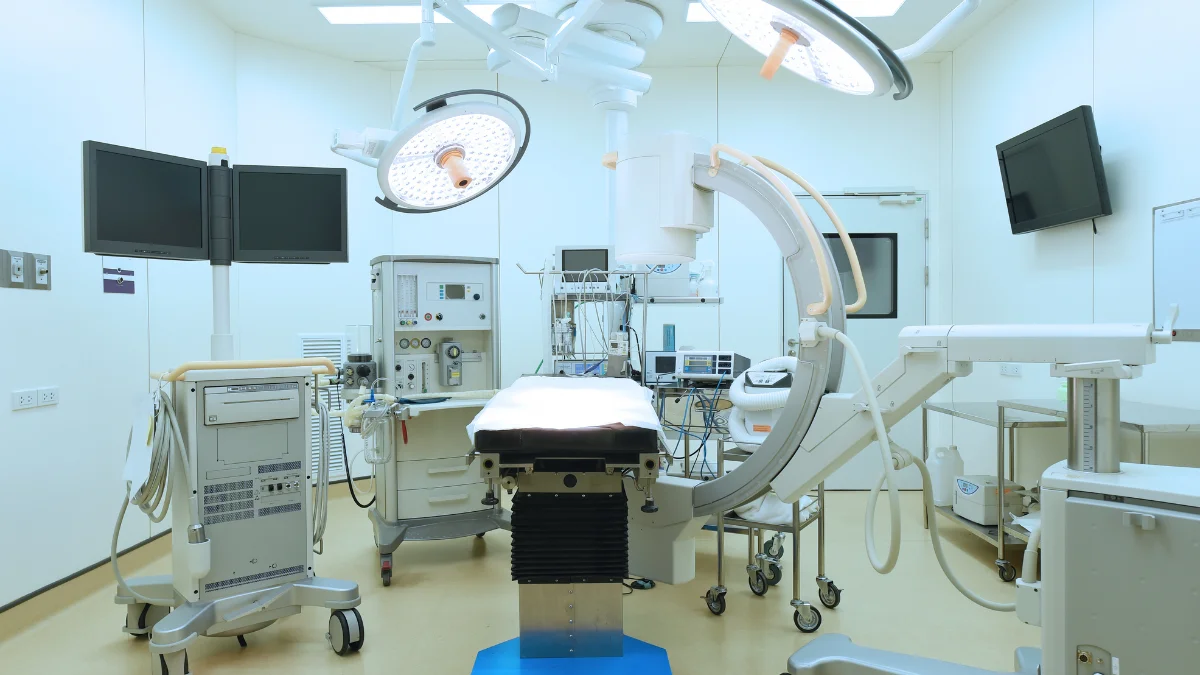The medical equipment industry is a vital sector of the global healthcare system, encompassing a wide range of devices and tools used in the diagnosis, treatment, and monitoring of medical conditions. This industry includes everything from simple tongue depressors to complex imaging systems and life-support machines. In recent years, the sector has seen rapid growth and innovation, driven by technological advancements, an aging global population, and increasing healthcare needs worldwide. According to reports, the Global Medical Devices Market size was valued at USD 455.50 Billion in 2022 and is poised to grow from USD 481.92 Billion in 2023 to USD 756.59b by 2031, growing at a CAGR of 5.8% in the forecast period (2024-2031).

As technology continues to advance, the importance of high-quality medical equipment in delivering effective, efficient, and patient-centered healthcare will only grow. The companies at the forefront of medical equipment innovation and production play a crucial role in shaping the future of healthcare worldwide.
1 Medtronic (US) – $31.22 billion

Source: Medtronic
Medtronic, headquartered in Dublin, Ireland, is a global leader in medical technology. The company offers a wide range of products, including cardiac devices, spinal implants, and insulin pumps. Medtronic's focus on innovation has led to breakthrough technologies in areas such as robotics-assisted surgery and AI-powered diagnostic tools. With a presence in over 150 countries, Medtronic continues to shape the future of healthcare through its commitment to alleviating pain, restoring health, and extending life.
2 Johnson & Johnson (J&J) (US) – $30.40 billion

Source: Johnson & Johnson
Johnson & Johnson, a household name in healthcare, operates through three main segments: consumer health, pharmaceuticals, and medical devices. In the medical equipment sector, J&J offers a diverse portfolio including orthopedics, surgery, interventional solutions, and vision care products. The company's dedication to research and development has resulted in cutting-edge solutions for minimally invasive surgery, joint replacement, and cardiovascular care. J&J's global reach and commitment to innovation position it as a key player in advancing patient care worldwide.
3 Abbott Laboratories (US) – $26.87 billion

Source: Abbott Laboratories
Abbott Laboratories excels in creating breakthrough products in diagnostics, medical devices, nutrition, and branded generic pharmaceuticals. In the medical equipment field, Abbott is renowned for its cardiac and vascular devices, diabetes care products, and neuromodulation systems. The company's FreeStyle Libre continuous glucose monitoring system has revolutionized diabetes management. Abbott's focus on developing affordable, accessible technologies has made it a crucial contributor to improving healthcare outcomes globally.
7 GE Healthcare (US) – $19.52 billion

Source: GE Healthcare
GE Healthcare, a subsidiary of General Electric, is a global leader in medical imaging, monitoring, biomanufacturing, and cell and gene therapy technologies. The company's expertise spans across X-ray, CT, MRI, molecular imaging, ultrasound, and hospital and lab equipment. GE Healthcare is at the forefront of integrating artificial intelligence into medical devices, enhancing diagnostic accuracy and workflow efficiency. Its commitment to precision health and digital solutions positions it as a key innovator in the evolving healthcare landscape.
10 Philips (Netherlands) – $14.95 billion

Source: Philips
Royal Philips is a leading health technology company focused on improving people's health and well-being through meaningful innovation. Philips excels in diagnostic imaging, image-guided therapy, patient monitoring, and health informatics. The company's commitment to digital health solutions and AI integration is evident in its advanced imaging systems and connected care platforms. Philips' holistic approach to healthcare, spanning from prevention to diagnosis, treatment, and home care, makes it a key player in shaping the future of health technology.
Conclusion
The medical equipment industry stands at the forefront of healthcare innovation. As we've explored the top 10 companies in this sector, it's clear that their contributions extend far beyond mere product manufacturing – they are driving forces behind medical advancements, improved patient outcomes, and healthcare efficiency. These industry leaders sure face significant challenges, including stringent regulatory requirements, the pressure to reduce healthcare costs, and the need to meet the demands of an aging global population. However, these challenges also present opportunities for innovation and growth. The companies that can successfully navigate these hurdles while embracing cutting-edge technologies like AI, IoT, and robotics will likely emerge as the frontrunners in the coming years.
Ultimately, as medical equipment becomes increasingly sophisticated and interconnected, it has the potential to transform healthcare delivery, making it more accessible, efficient, and effective for people around the world.















